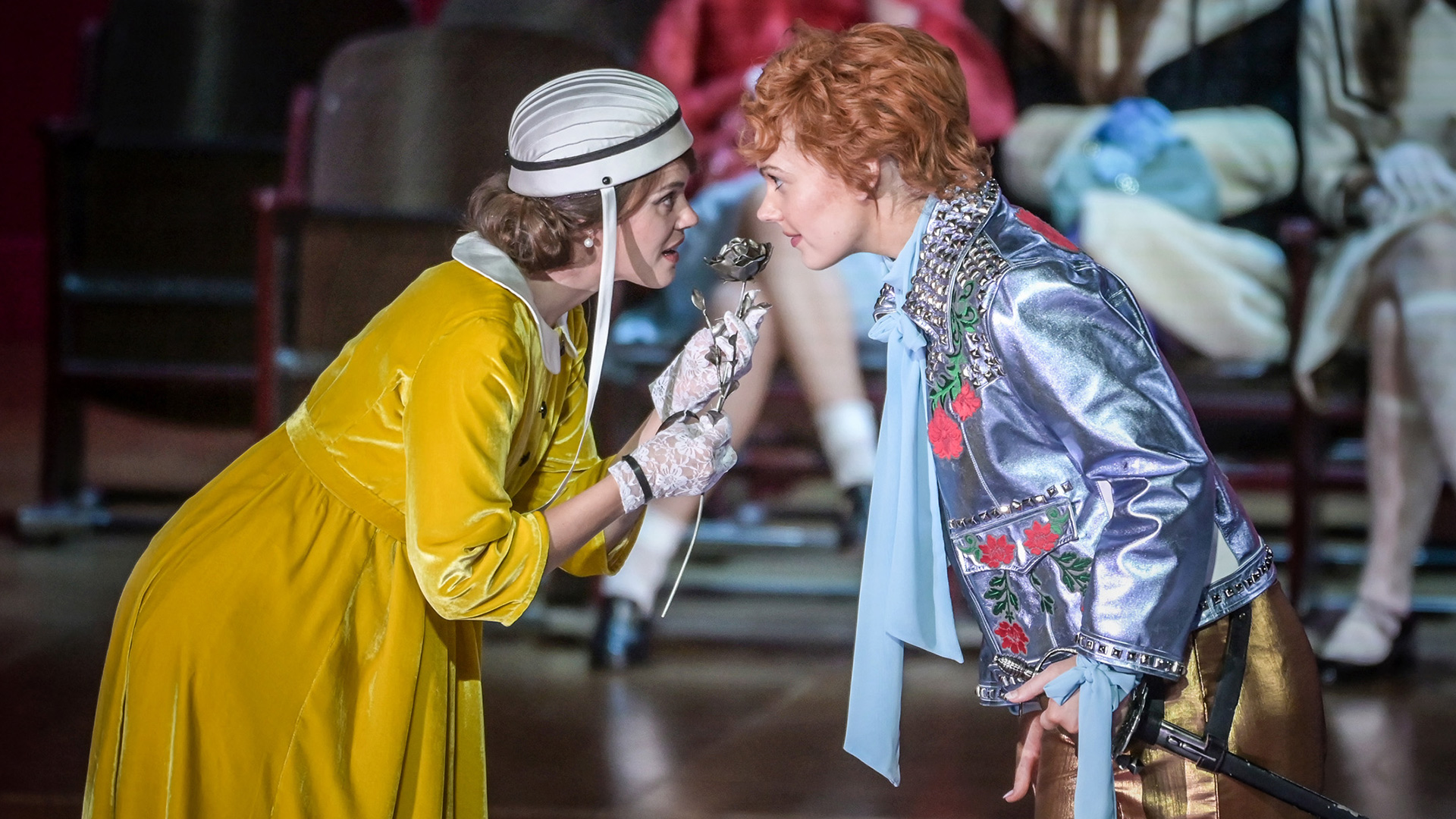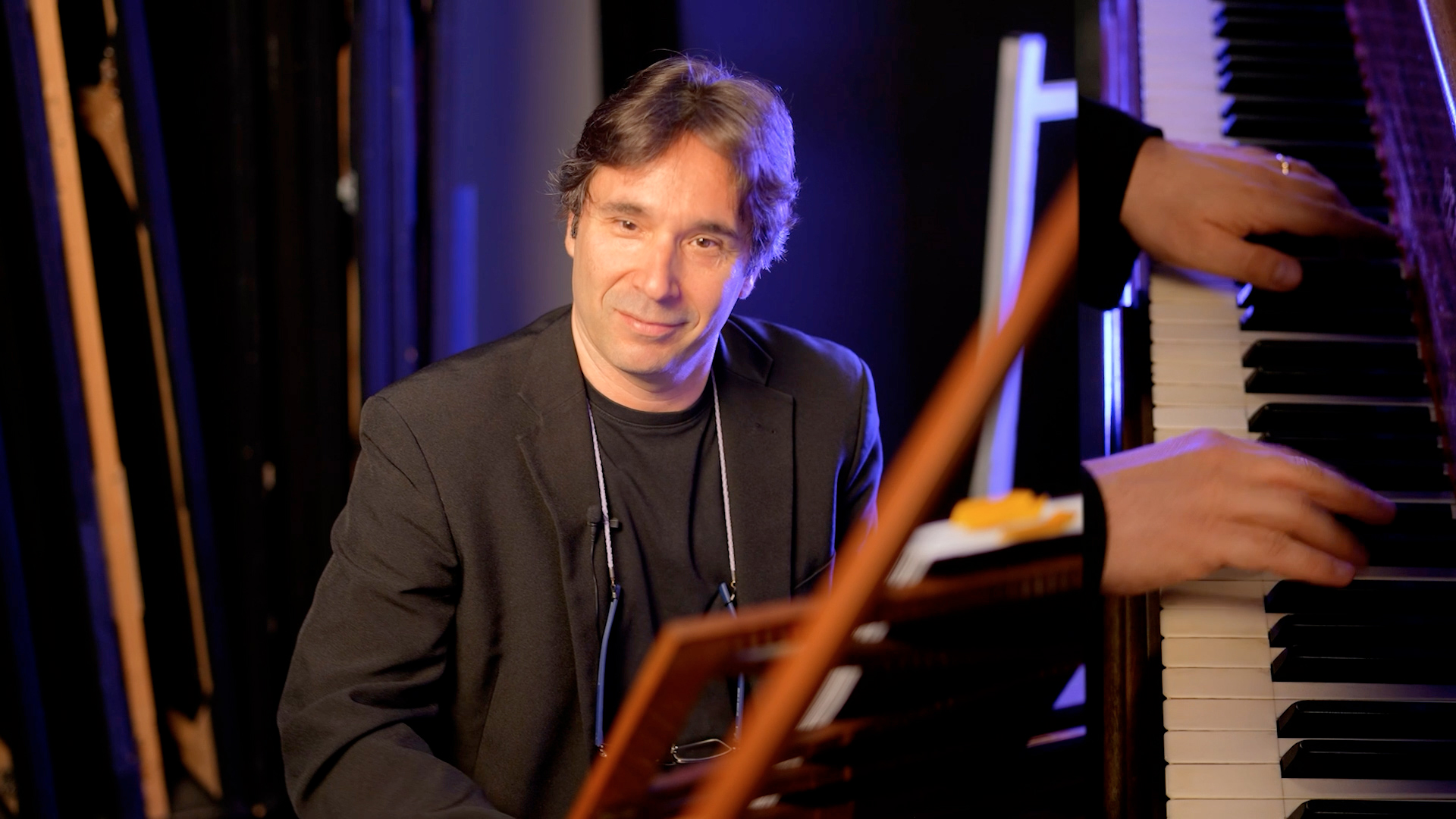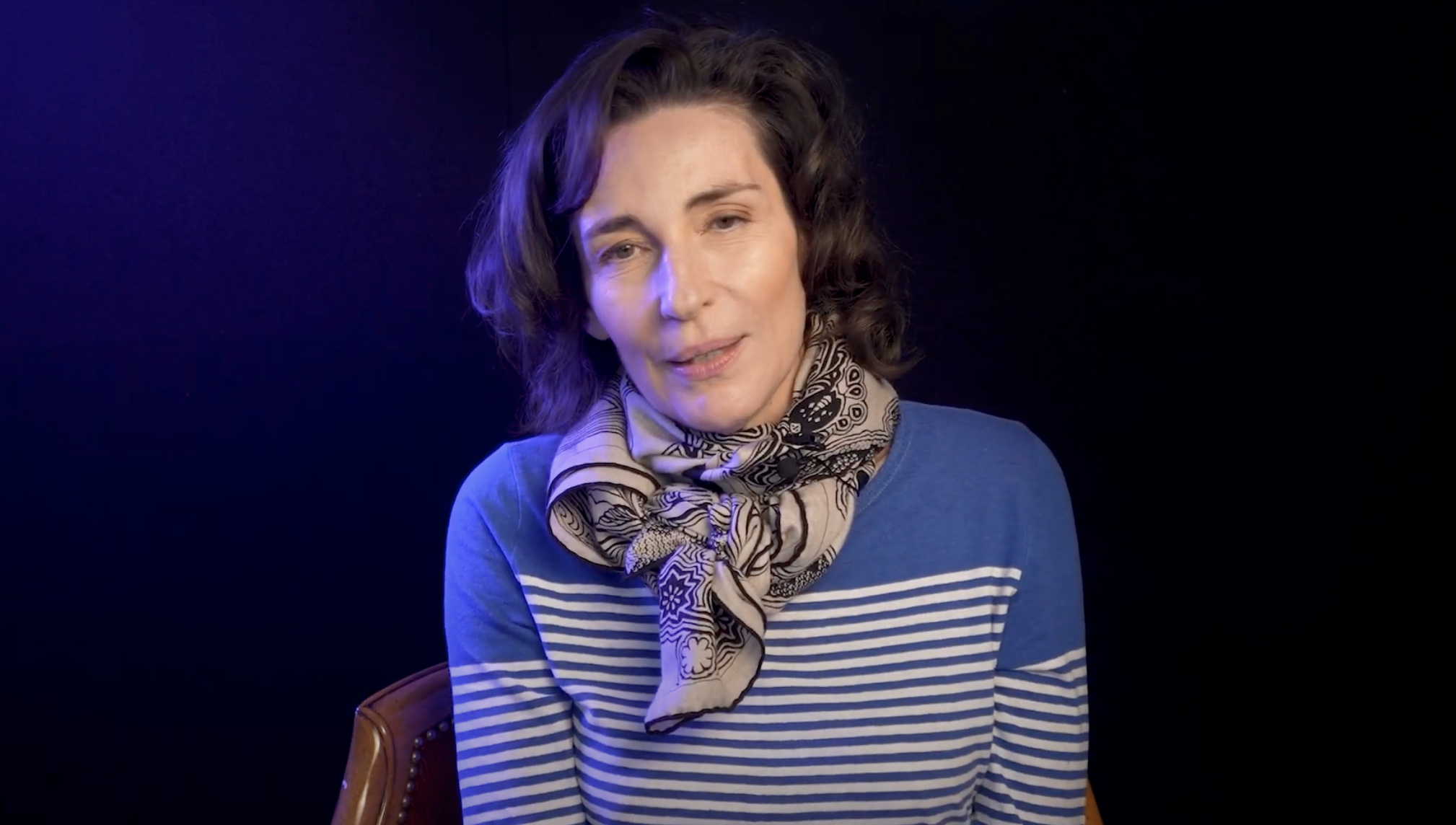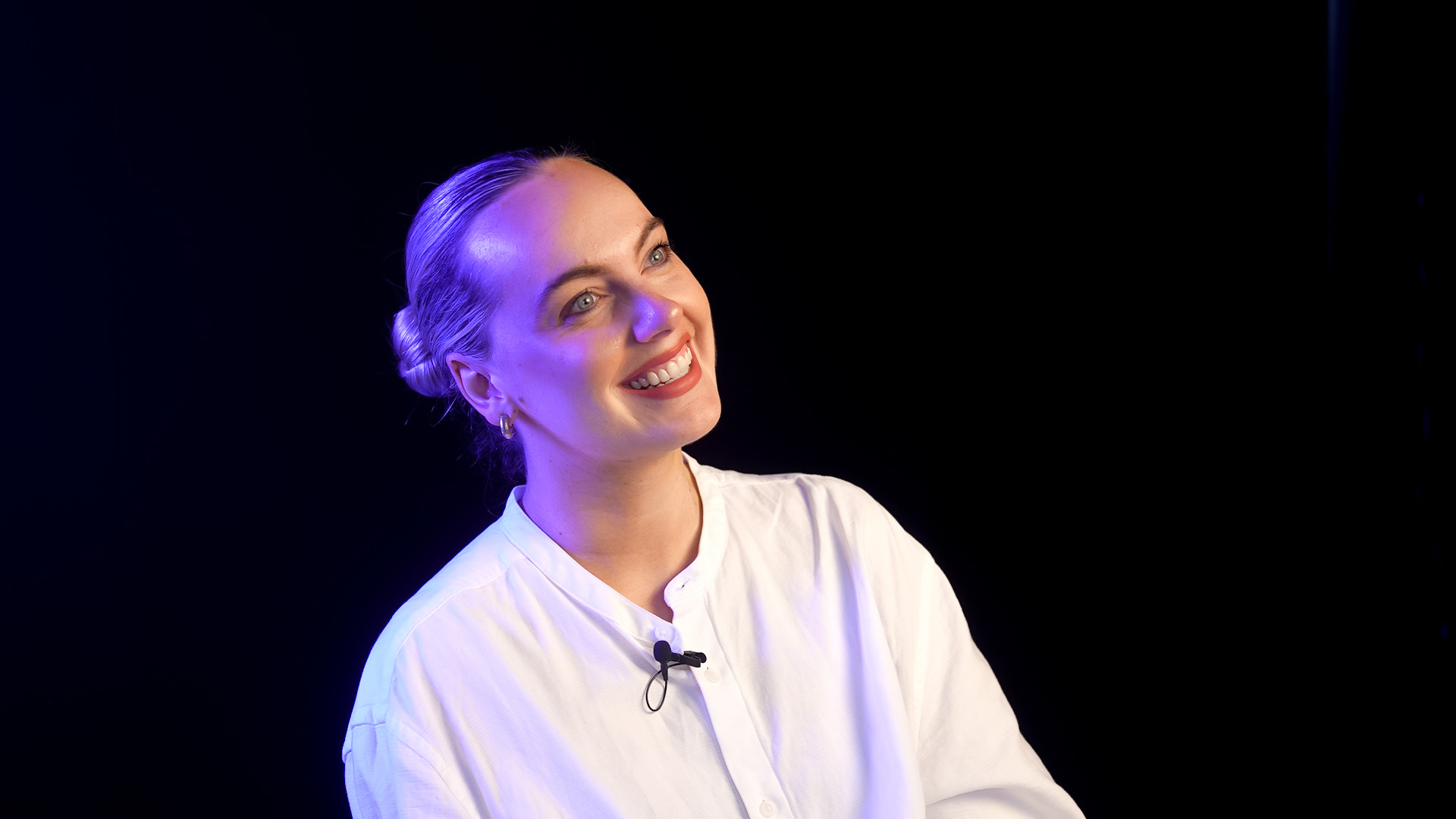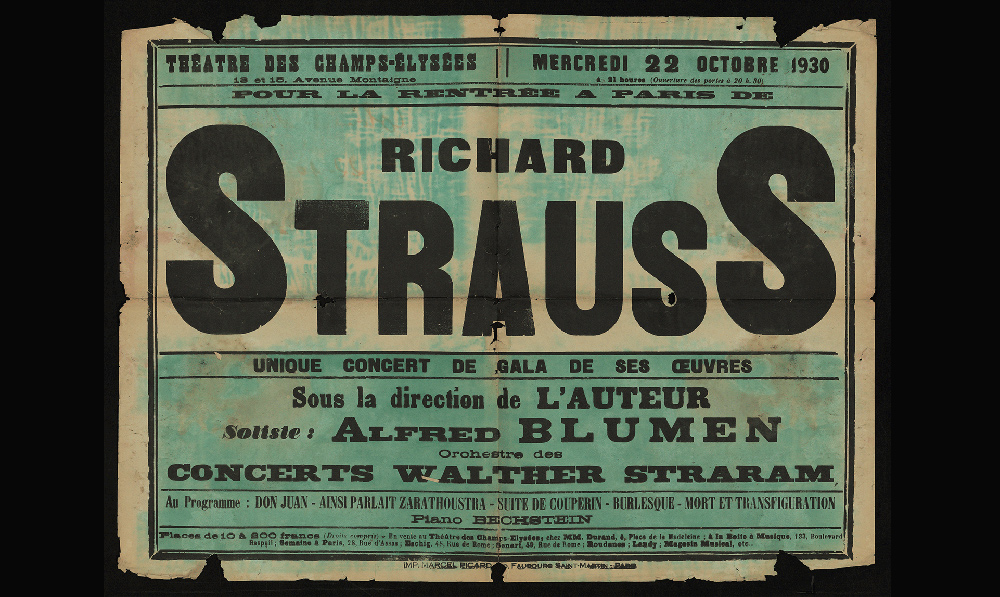Der Rosenkavalier
Richard Strauss
Krzystof Warlikowski shares his vision for Der Rosenkavalier, a key work in Richard Strauss’s œuvre and in early twentieth-century opera repertoire
Dates
Henrik Nánási | direction
Krzysztof Warlikowski | staging
Małgorzata Szczęśniak | scenography, costumes
Claude Bardouil | choreography
Felice Ross | lights
Kamil Polak | video
Véronique Gens | The Marschallin
Niamh O'Sullivan | Octavian
Regula Mühlemann | Sophie
Peter Rose | Baron Ochs auf Lerchenau
Jean-Sébastien Bou | Herr von Faninal
Eléonore Pancrazi | Annina
Krešimir Špicer | Valzacchi
Francesco Demuro | An Italian singer
Laurène Paternò | Marianne
Florent Karrer | A police inspector / A notary
François Piolino | The Marschallin's Major-Domo / Faninal's Major-Domo
Yoann Le Lan | An innkeeper
Orchestre National de France
Chœur Unikanti, Maîtrise des Hauts-de-Seine
About
Although we know that Gabriel Astruc originally intended to present Der Rosenkavalier at the opening season of the Théâtre in 1913, it fell foul of the founder’s lavishly expensive programming and he was ultimately forced to abandon the idea. It was not performed until 1937, by the Berlin Opera conducted by Clemens Kraus and featuring Viorica Ursuleac, one of the composer’s favourite singers, as the Marchioness. This work marked a turning point in Strauss’s career. After the “odysseys and rages” of Salome and Elektra, Der Rosenkavalier was return to the Viennese tradition of character opera. Originally, the Marchioness, whom Octavian deserted in favour of Sophie, only had a small role, but it gradually expanded into such a major part that she is present throughout Act One and dominates the entire opera, even in her absence. There has been a shift from the light-hearted comedy of manners to a meditation on time and the ephemeral nature of feelings. Der Rosenkavalier embodies the moral disarray of an era which was drawing to a close behind the superficial smiles and impeccable manners. A few decades later, Capriccio would adopt the same nostalgic approach to the eighteenth century, which was the musician’s Olympus. Krzysztof Warlikowski is sure to bring his unique dramatic vision to this masterpiece of twentieth-century opera repertoire and the Orchestre National de France under the baton of Henrik Nánási will do full credit to Strauss’s sumptuous colours.
NOUVELLE PRODUCTION
Production Théâtre des Champs-Elysées
France broadcasts this cet opéra on July 5th, 8 pm

